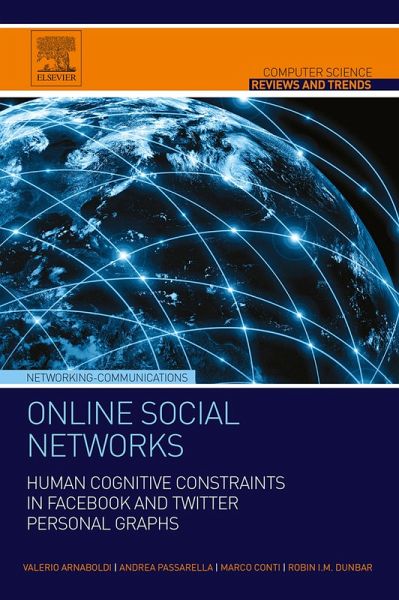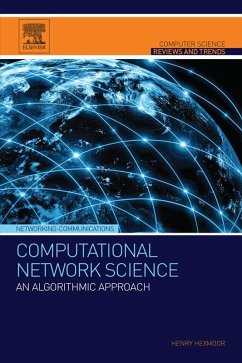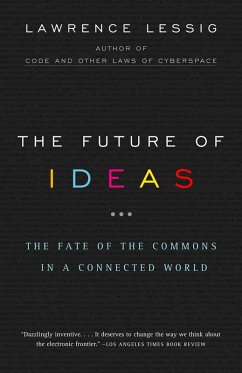
Online Social Networks (eBook, ePUB)
Human Cognitive Constraints in Facebook and Twitter Personal Graphs

PAYBACK Punkte
11 °P sammeln!
Online Social Networks: Human Cognitive Constraints in Facebook and Twitter provides new insights into the structural properties of personal online social networks and the mechanisms underpinning human online social behavior. As the availability of digital communication data generated by social media is revolutionizing the field of social networks analysis, the text discusses the use of large- scale datasets to study the structural properties of online ego networks, to compare them with the properties of general human social networks, and to highlight additional properties. Users will find the...
Online Social Networks: Human Cognitive Constraints in Facebook and Twitter provides new insights into the structural properties of personal online social networks and the mechanisms underpinning human online social behavior. As the availability of digital communication data generated by social media is revolutionizing the field of social networks analysis, the text discusses the use of large- scale datasets to study the structural properties of online ego networks, to compare them with the properties of general human social networks, and to highlight additional properties. Users will find the data collected and conclusions drawn useful during design or research service initiatives that involve online and mobile social network environments. - Provides an analysis of the structural properties of ego networks in online social networks - Presents quantitative evidence of the Dunbar's number in online environments - Discusses original structural and dynamic properties of human social network through OSN analysis
Dieser Download kann aus rechtlichen Gründen nur mit Rechnungsadresse in A, B, BG, CY, CZ, D, DK, EW, E, FIN, F, GR, HR, H, IRL, I, LT, L, LR, M, NL, PL, P, R, S, SLO, SK ausgeliefert werden.













